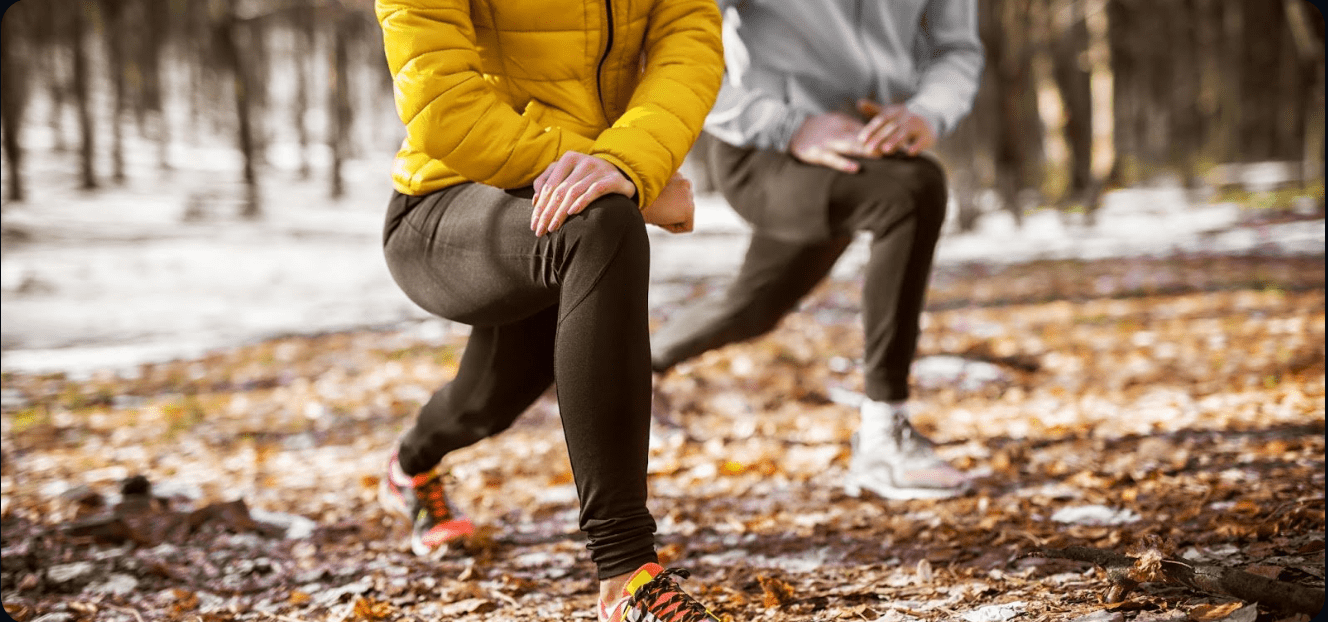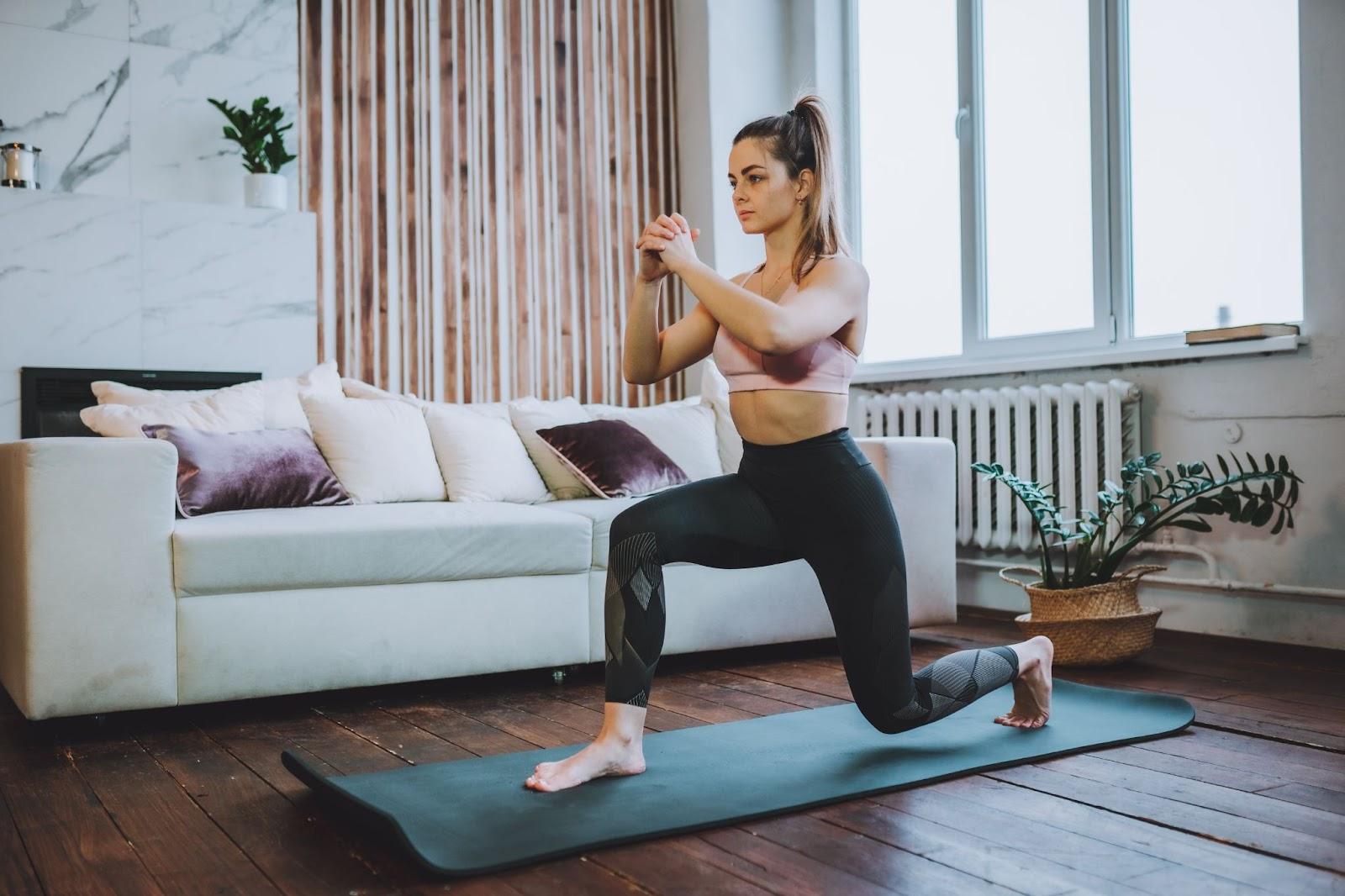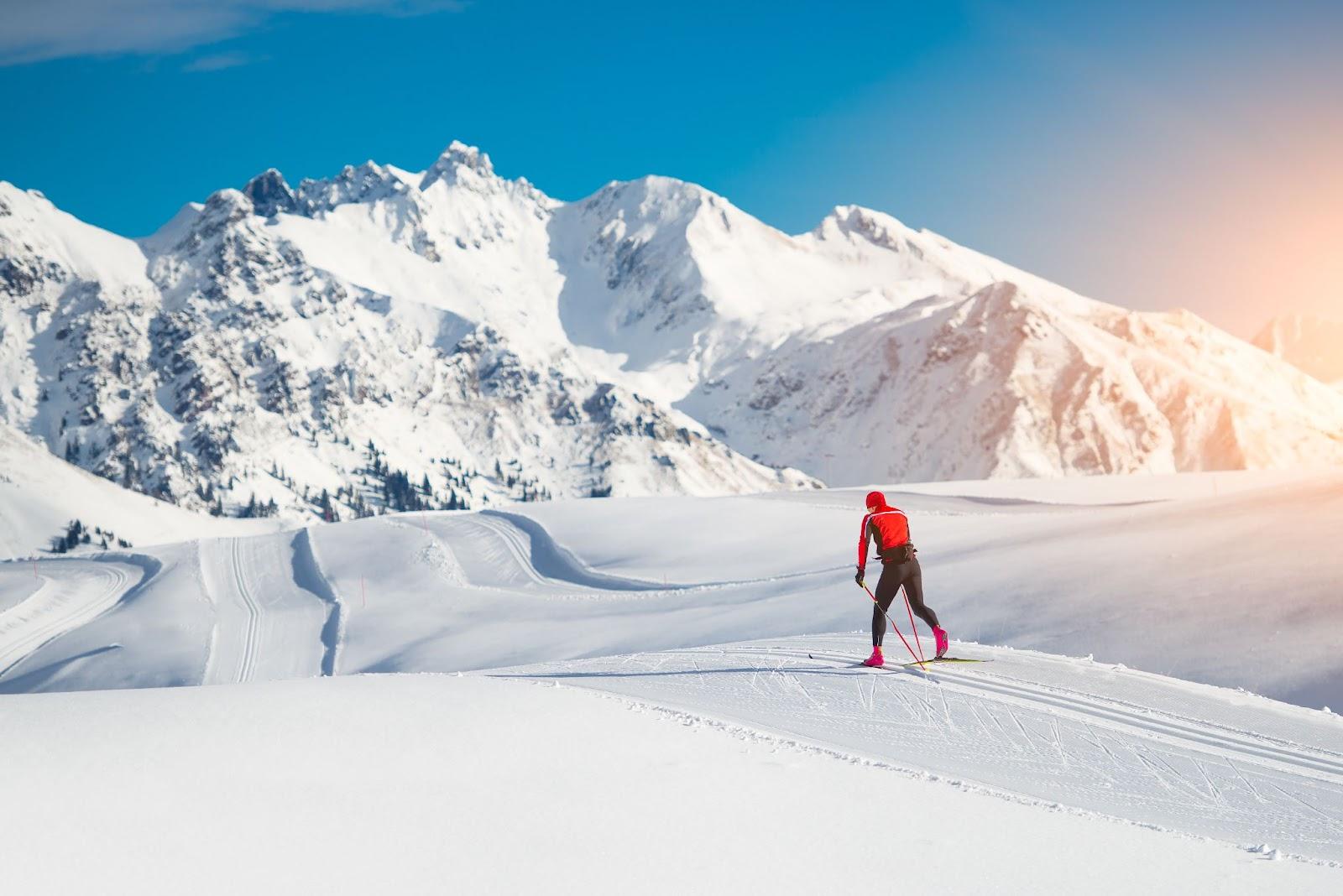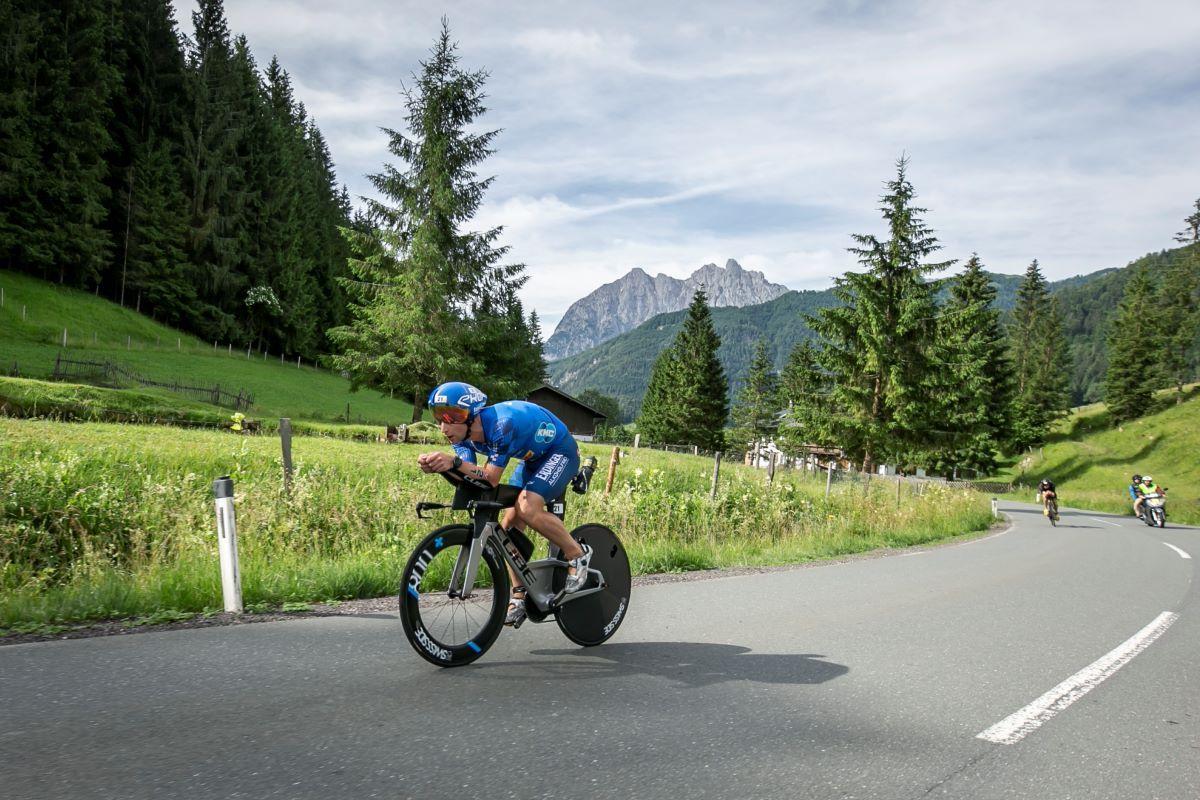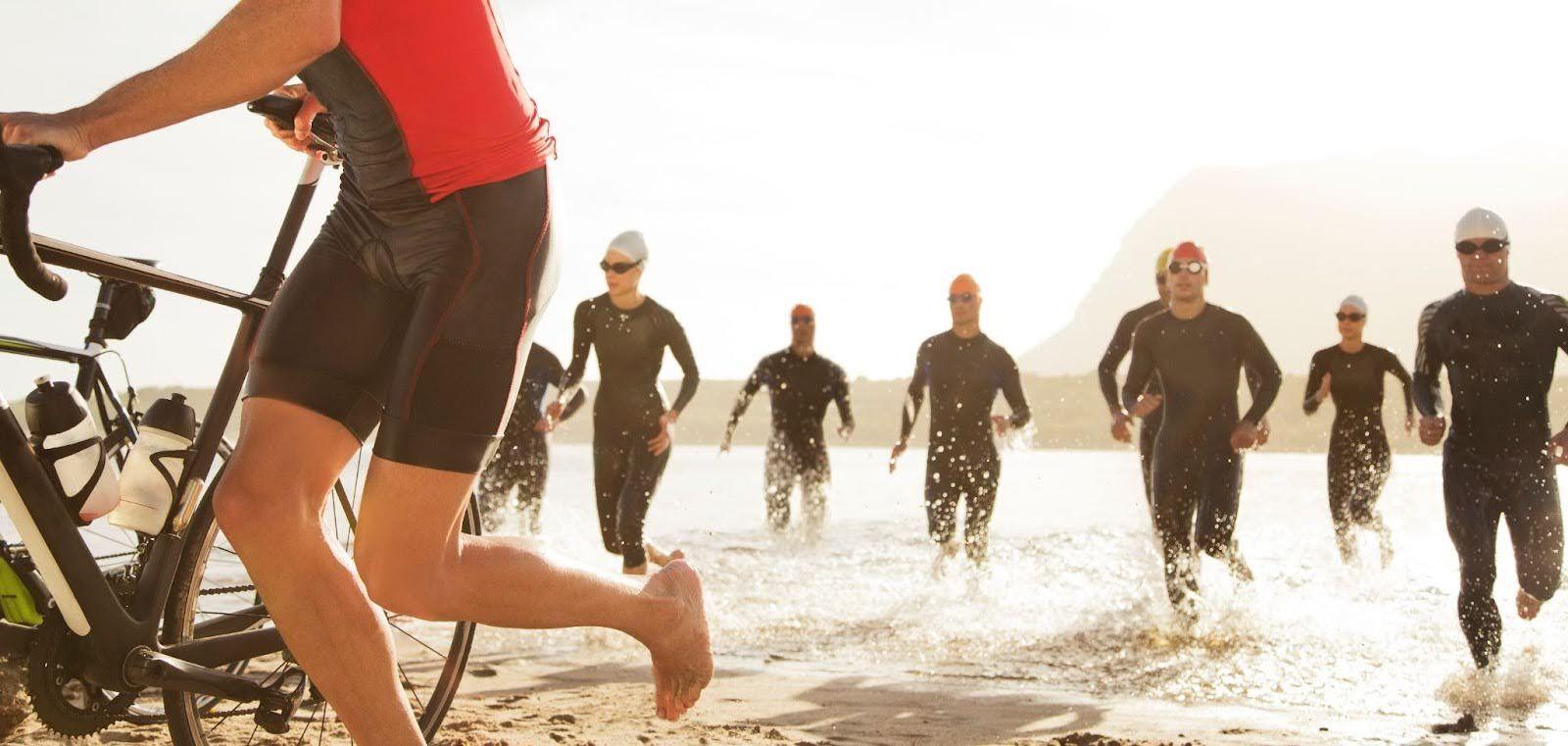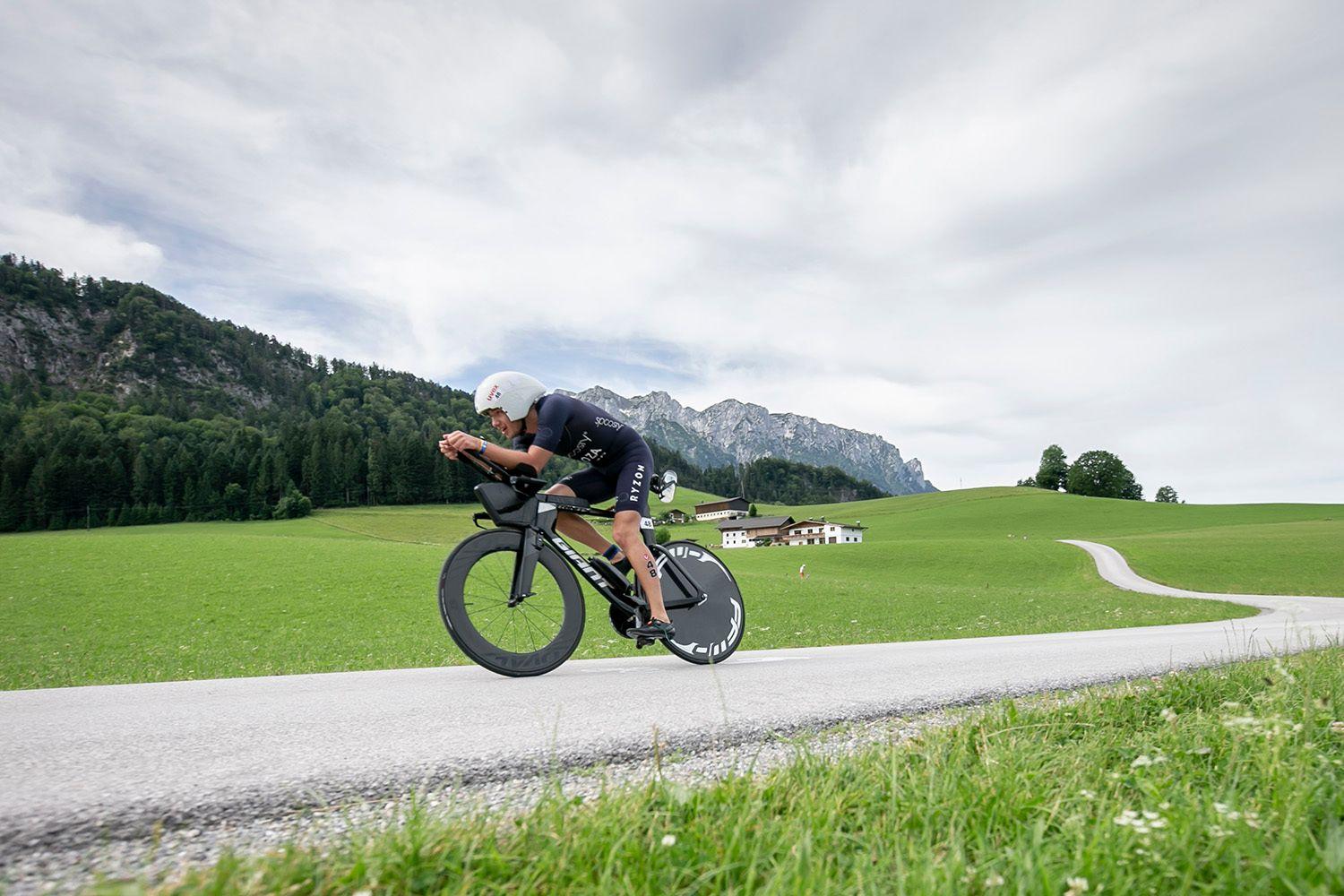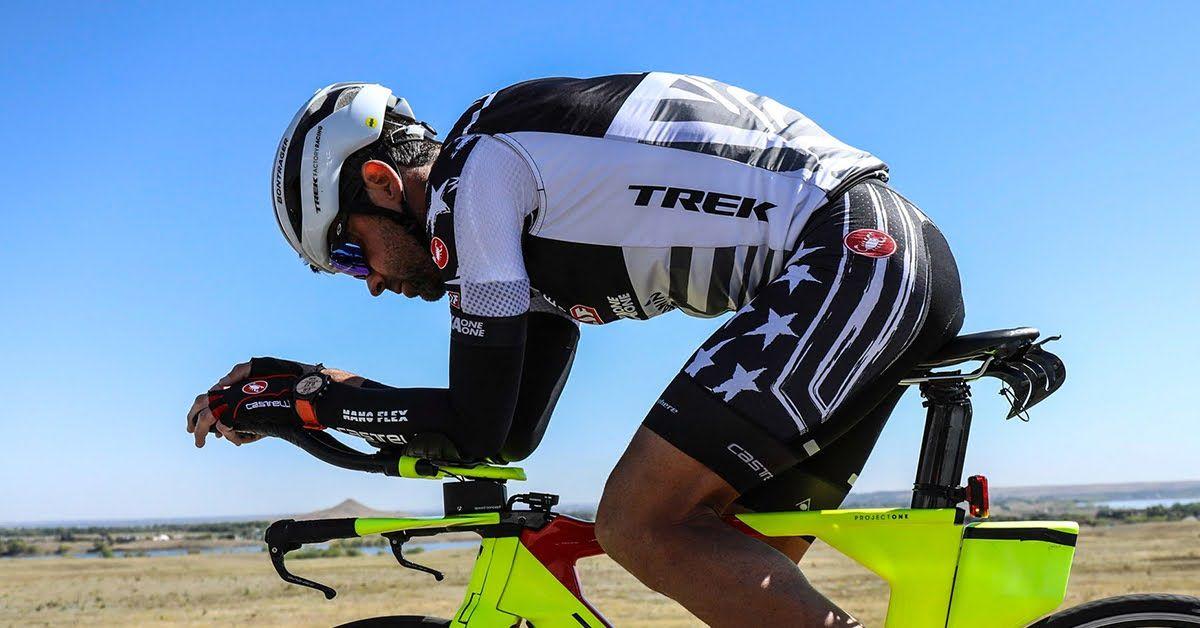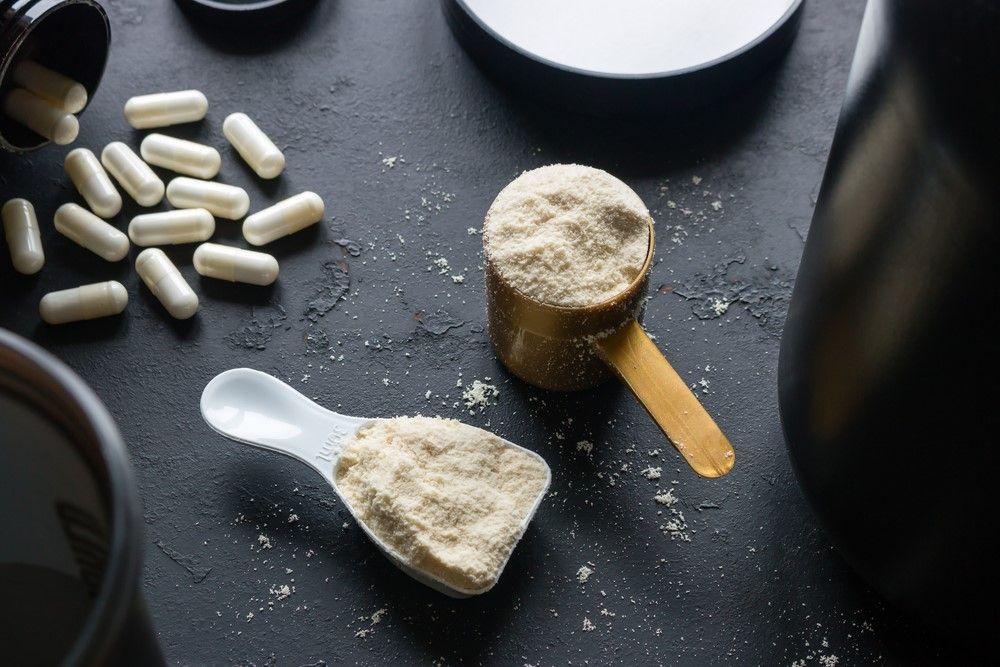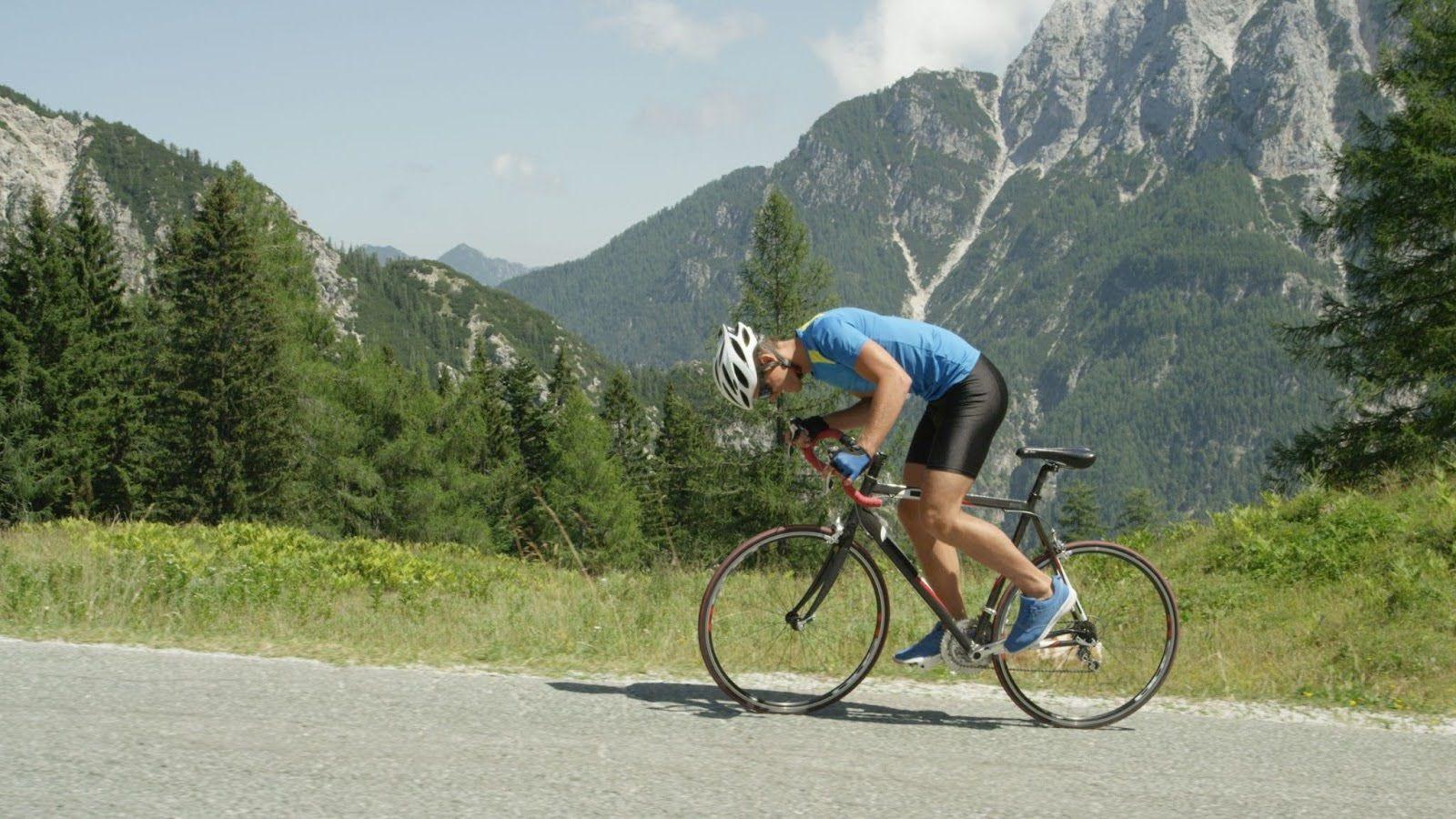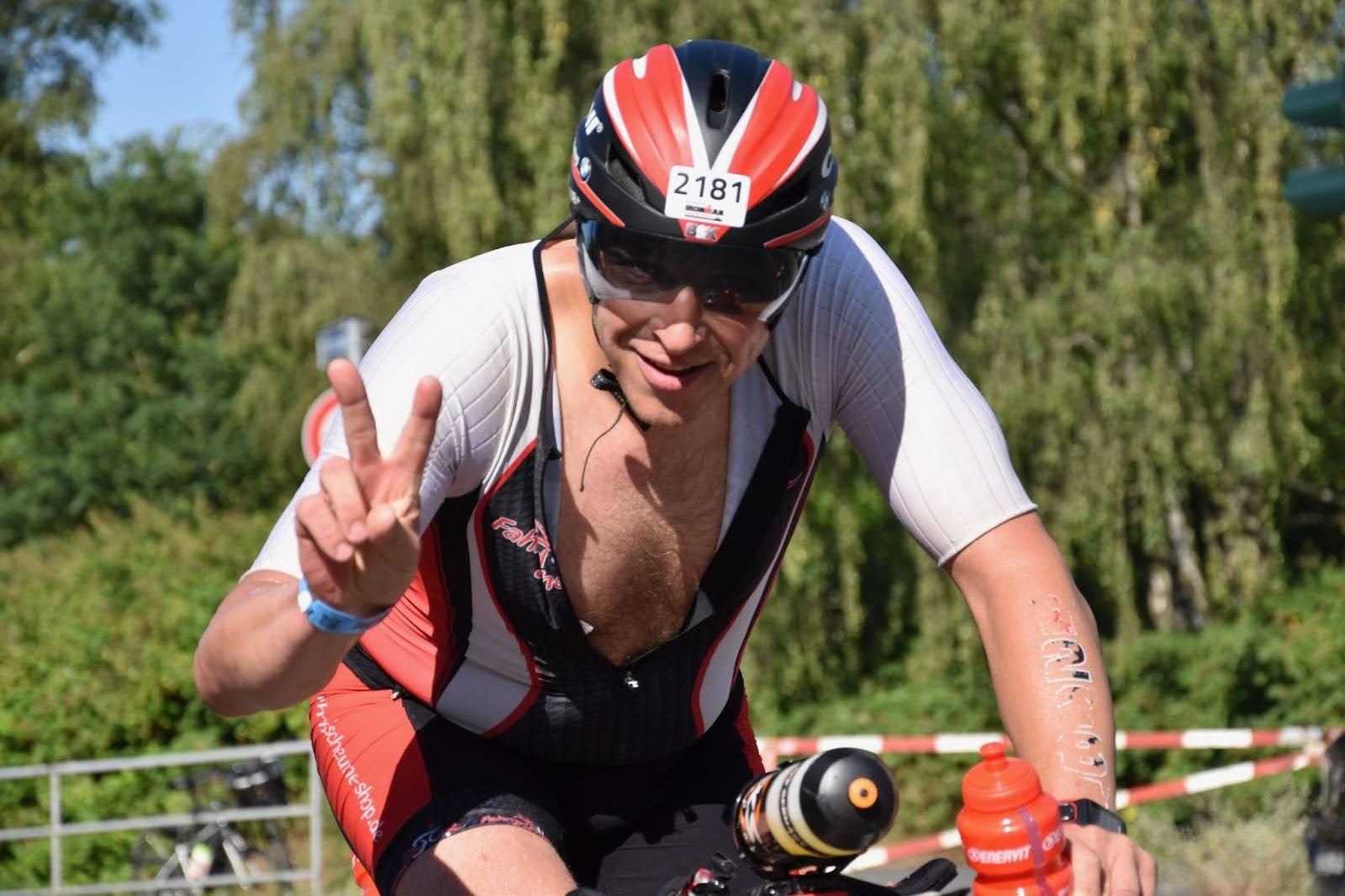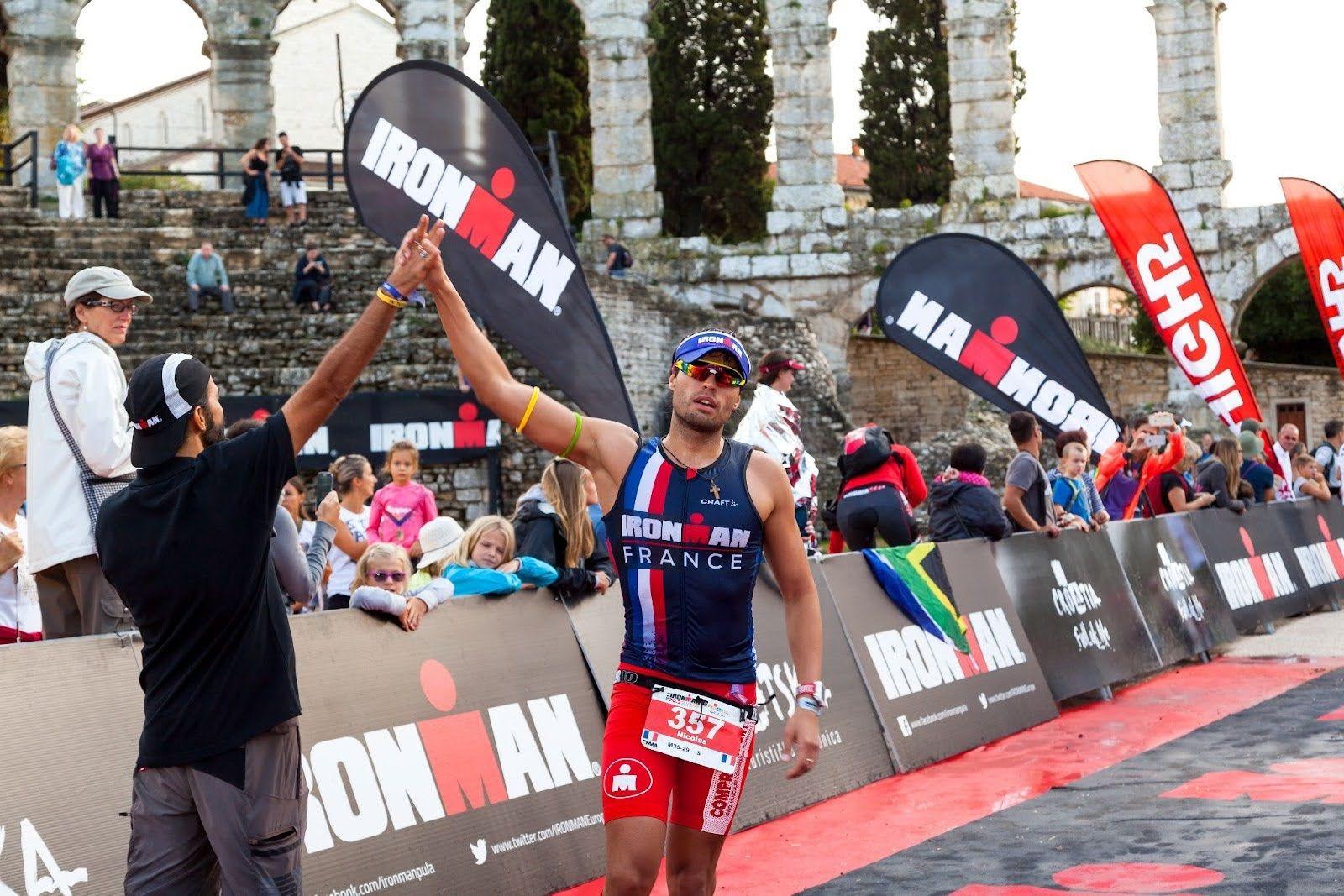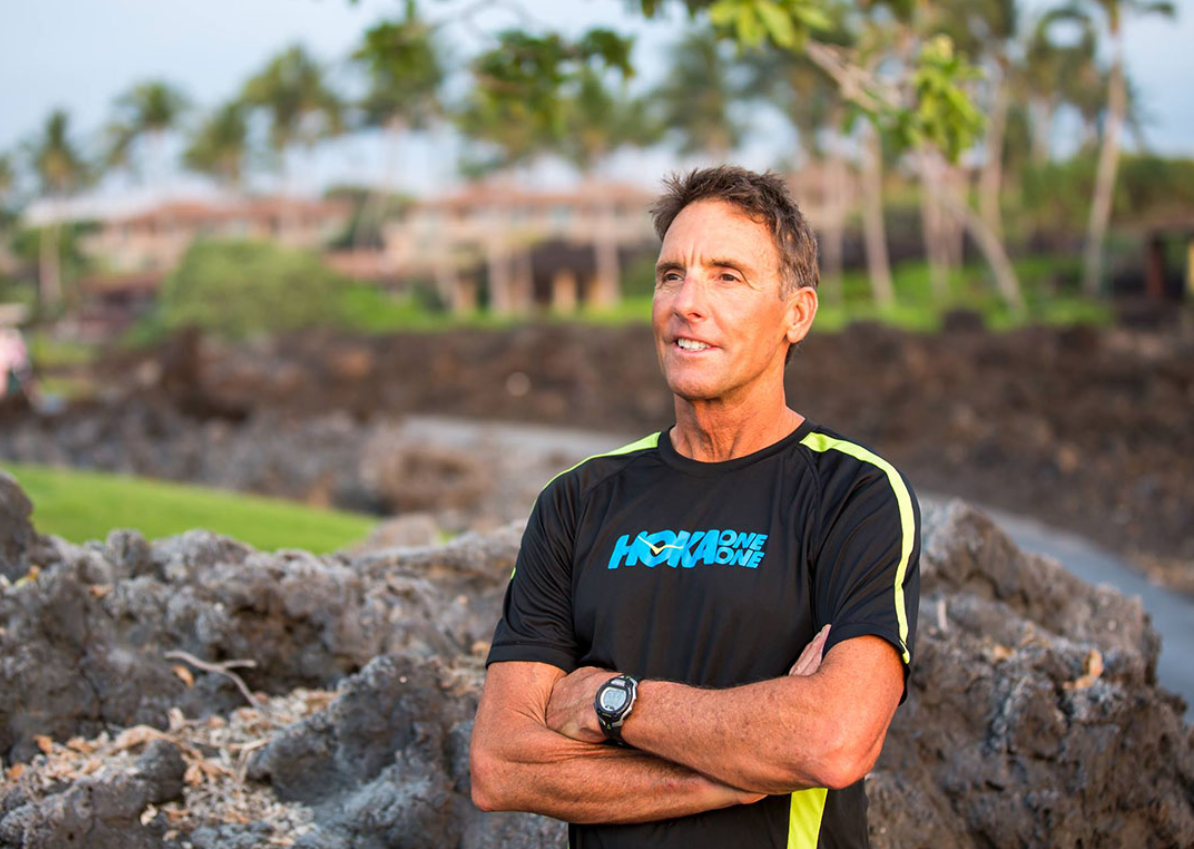1. Your body needs a change
After a final burst of activity in September/October, the season starts to wind down. But your body can now be fatigued or even injured. In such a case, injury healing should be the main focus at the start of your off-season training. Allow all those minor or major injuries to fully heal. We also recommend measuring your heart rate variability during this period. It can tell you if you are still a little overtrained and also help you to reset your baseline for the new season.
2. Have some fun
As we mentioned in our Ultimate Triathlon Guide, we don't do triathlons for fun. They’re hard, they’re painful, and there are easier ways to improve our fitness – but we still love it. From time to time, having fun is very important. It boosts our motivation and prevents us from burn-out. Socialize as much as you can, train with friends, take your training off the beaten track and always try something new. Spend some time planning your next season and it will pay off in the long run.
3. A common mistake
One could say, in a sport like triathlon, most of the athletes never really get a chance to take a proper off-season. Skipping the whole specific off-season training approach is an obvious mistake, but it's important to remember that continuing your regime throughout the whole year will not give you any advantage in your next season. In fact, you will suffer from the beginning and injuries will sooner or later prove this point. The other extreme (not training at all) is also a bad decision since you will have a hard time getting back into shape after such a break. Try to find the right balance based on our suggestions.
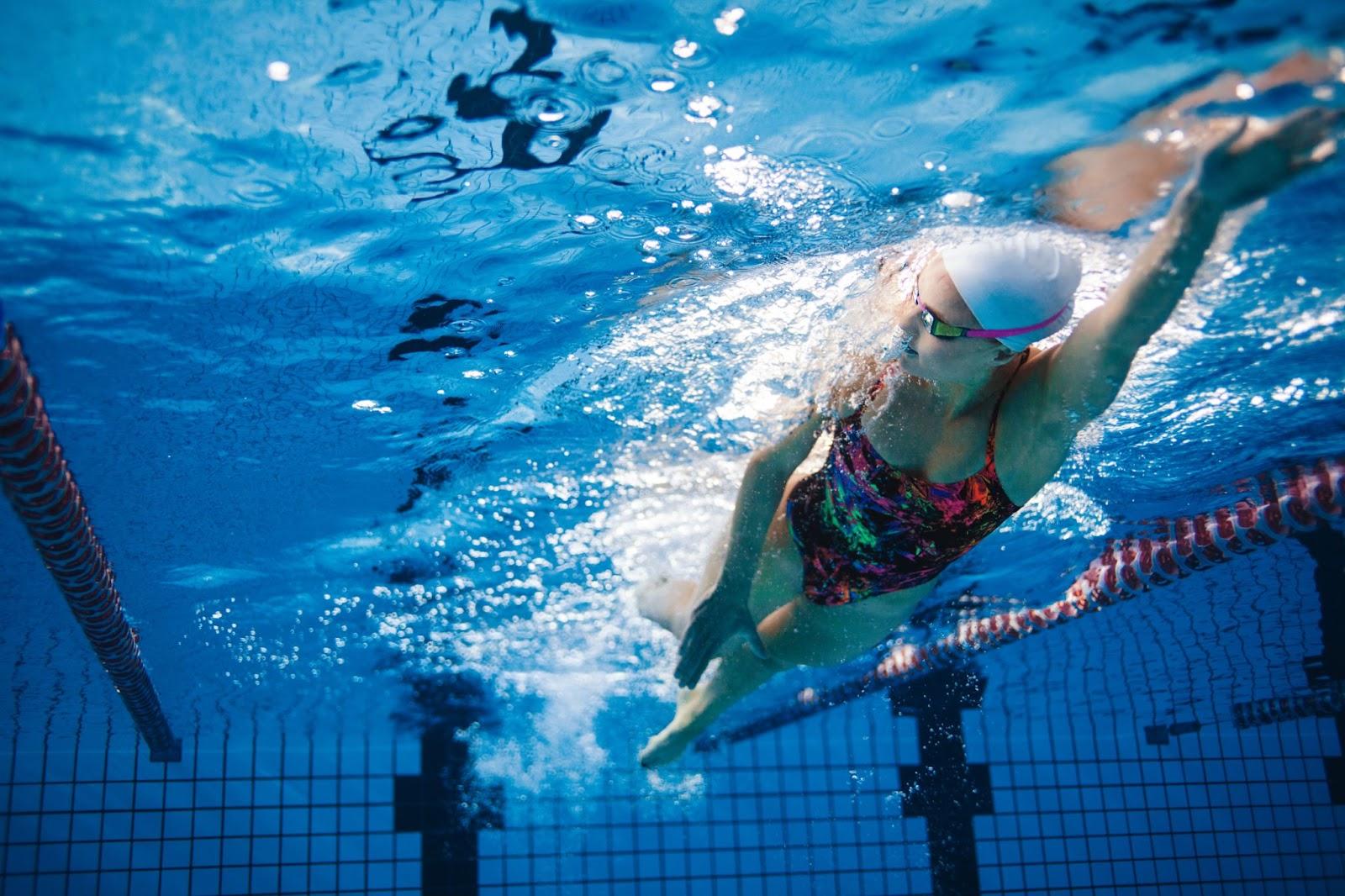
4. Swim focus
Looking at the three main disciplines, let's begin with the first discipline - swimming. It all starts in the water and the more comfortable you are with water, the easier it gets later on the bike and especially during the run. Have you ever felt a lack of energy during your last kilometre on the tarmac? Well, it all comes down to your very first kilometre in the water.
We recommend working on technique, short sprints, lots of repetitions and spicing it up with paddles or buoys. To get the maximum benefit, try to swim at least 3 times a week. Even though it's hard to leave your warm bed so early in the morning, the rewarding feeling after your early morning session will always be worth it. And the coffee tastes better too.
So swim, swim, swim…
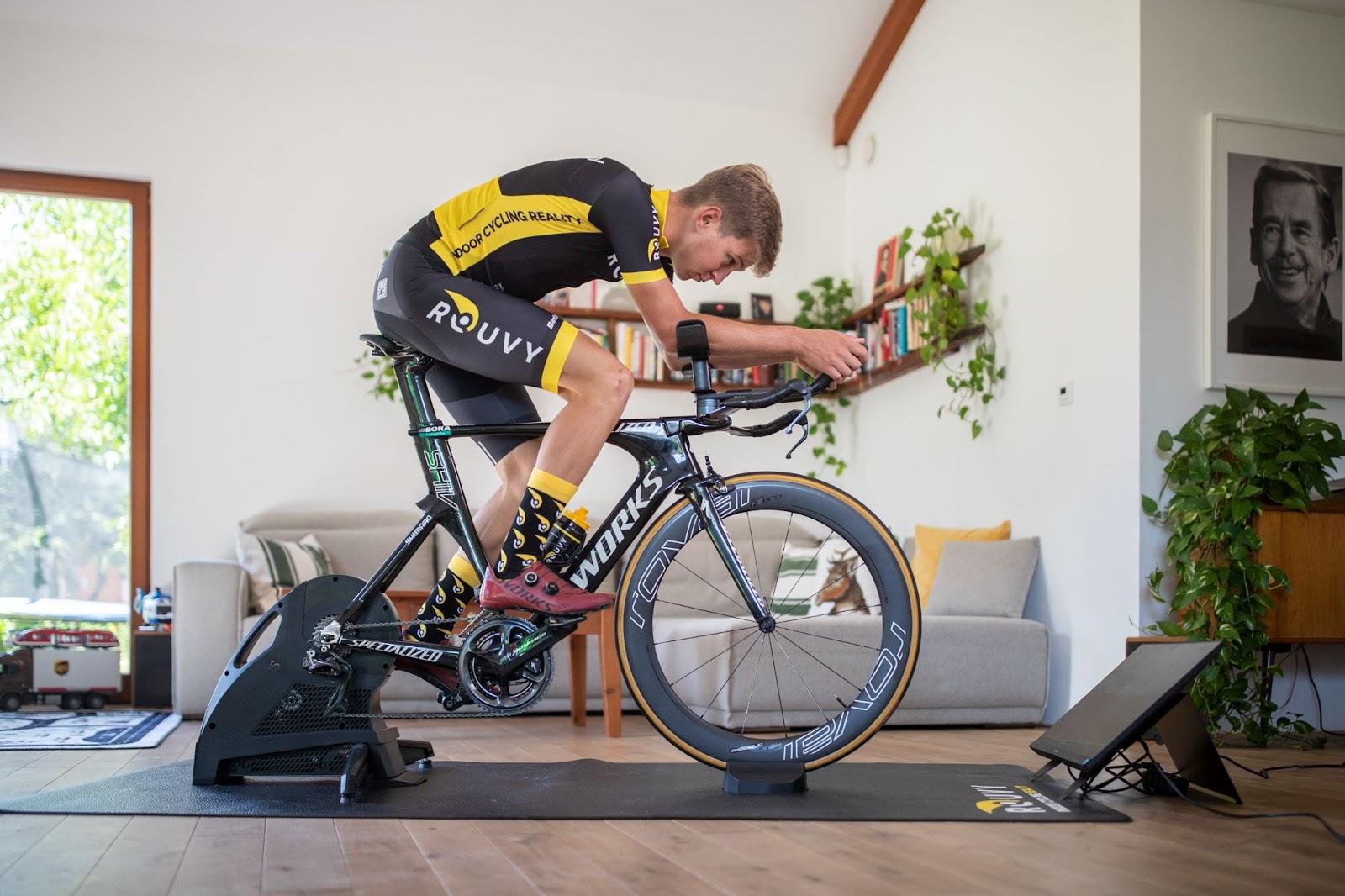
5. Shorter rides
Outdoor cycling season might be over but you should still stay in touch with your bike. Take it easy. There's no rush, so now it's time to enjoy it. Keep it short to avoid saddle soreness. If you don't enjoy riding in the cold wearing six layers of clothes and coming home with mud all over your favourite jersey, just ride at home. Jump on your bike, hook it up to a turbo trainer and choose a ROUVY route that gives you the opportunity to ride in sunny weather even though it's raining outside. If you’re up for a challenge, take on one of our workouts or perhaps one of the multi-week training plans on ROUVY, including the Triathlon Training Camp plan. Whether you prefer to push yourself out of your comfort zone by keeping outdoor rides or staying at home and pushing your pedals in your living room, just remember to keep riding.
Oh, and don't be afraid to race even in the off-season. Short indoor cycling races are a way to remind your muscles why you do it and feel some lactate. Also, the advantage of staying safe is well appreciated while healing your injuries from the summer season. What about the Wanaka race or Roth race, where you can challenge pro triathletes? Discover the world of Challenge Family and enjoy racing all year long. With more than 30 full and middle-distance triathlon courses, no Challenge Family race is like any other.
